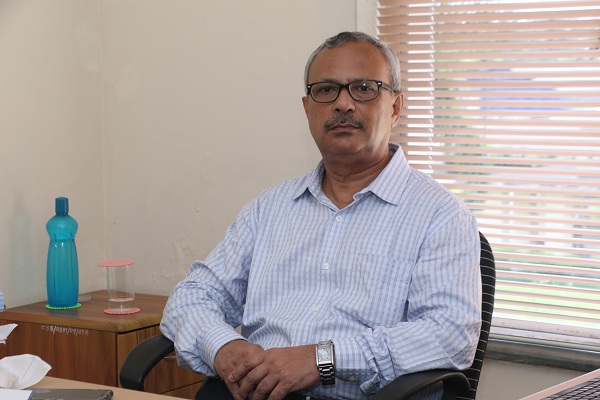
The fourth industrial revolution is here, and it is changing the way the world functions. Artificial Intelligence (AI), big data and robotics have brought a tidal shift in the present vocations. Owing to this, it is clear that the technological revolution will not only mold labor-intensive jobs but also jobs that are intellectually driven.
To make the most of this cutting-edge innovation, there is a dire need for a transformation in education – to address the issues of industry, and ensure the right education and experience is rendered to students. To satisfy the needs of things to come, it’s a given that understudies must be furnished with abilities that can help them thrive in the 21st century. All this through the slow pace in which educational institutions across the globe are adapting to the changing times. Facets like basic reasoning, critical thinking and inventiveness are significant. However, numerous educational institutions don’t sufficiently prepare students with these skills. So, what can instructors and business schools do to equip the students for the Fourth Industrial Revolution?
Inculcating STEM education
Science, Technology, Engineering and Mathematics (STEM), finds a place in almost every aspect of our day-to-day lives. As countries and economies develop, there is a growing reliance on a highly skilled workforce that understands the intricacies and nuances of the facets pertinent for building those economies.
As innovation continues, it’s become certain that our educational frameworks are not ready for the open doors that 5G and the Fourth Industrial Revolution will introduce. Instructors, policymakers, non-profits and the business networks need to go up against this reality – regardless of whether this implies addressing the long-standing practices in education. The society should altogether improve its STEM instruction across all strata, age groups and among genders.
Introduce continuous learning methodologies
During a tech-driven period, there’s a need to persistently learn and up-skill to meet the changing needs of the workforce. The possibility that our conventional training should end at the ages of 22 or 25 is presently totally obsolete. As innovation changes all the more quickly and as people live longer lives, with more individuals functioning past the customary retirement ages, the requirement for an adaptable and responsive education model is paramount.
Understudies cannot be self-satisfied with what they were educated with or what they have learned. Rather, they ought to be encouraged to consistently up-skill through various resources.
Encouraging Decision Making Using Analytics
Empowering basic leadership by using statistics can help individuals with a decent comprehension of these apparatuses while assisting them in interpreting analytical results better. Preparing students with analytical tools will help them become alert, quick, and swift in performing financial calculations or number crunching.
An understanding of Fintech must also be encouraged among the students pursuing an MBA in Finance. This can be propelled by discussing existing technologies v/s the future ones that are bound to overlap in the Fintech space. Albeit eminent B-schools are now doing it, more Fintech events can be composed where the industry personnel share their point of view and contributions.
Preparing for redundancies
Three decades back, when Personal Computers (PCs) were presented in banks, bank representatives went on a strike fearing there would be cutbacks because of the machine. But when they took a shot at the PCs, they understood it was a gift and the individuals who figured out how to overhaul themselves never saw any cutbacks. Each time a new innovation is presented there are redundancies in the framework which one should overcome. Students ought to be made aware of seeing how they can thrive through these redundancies. B-schools should assist understudies with recognizing the gap and concentrate on building up a range of abilities one could use when they join the workforce.
During the first industrial revolution, capital was viewed as the most significant asset before knowledge dominated. It was perceived that knowledge is an asset and its influence on organizations was gigantic. Without a doubt, knowledge is power. However, knowledge continues changing its inherent form, and the form of the hour is technology.
The views expressed above are those of Dr. Tamal Datta Chaudhuri – Dean and Professor Calcutta Business School (CBS)





















